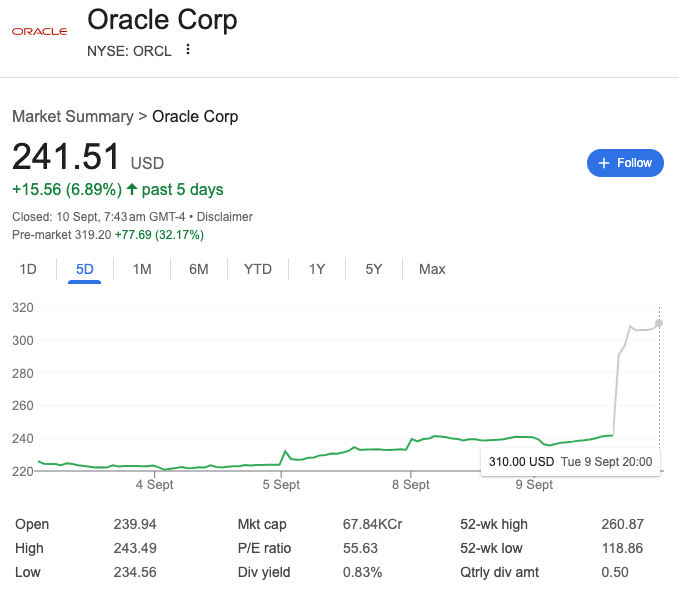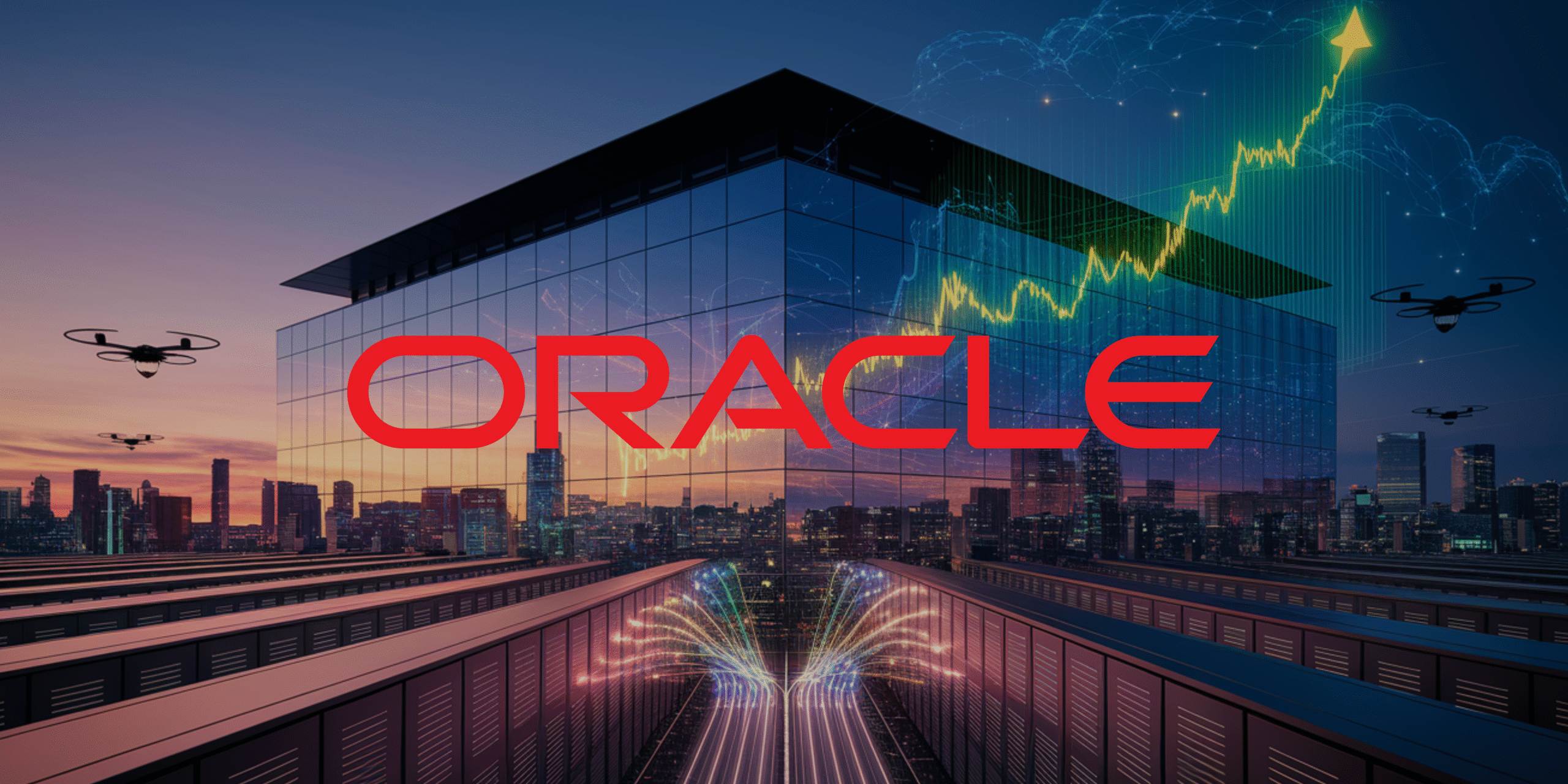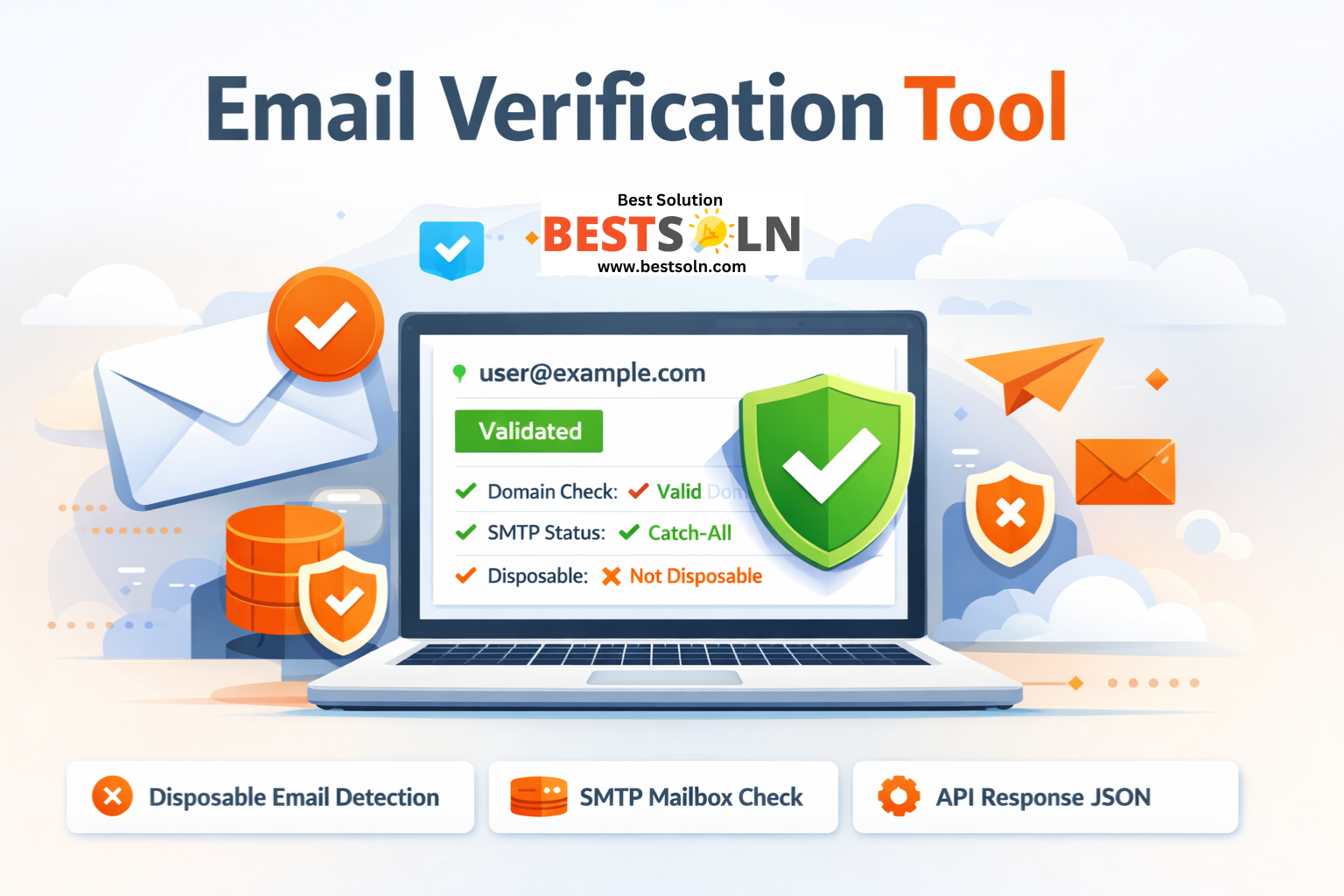- Home
- /
- Stock Market
- /
- Oracle Stock Soars: Unpacking the…
Introduction
If you’ve been keeping an eye on the tech market lately, you might have noticed Oracle’s stock doing something pretty wild. Despite missing Wall Street’s expectations on its latest quarterly earnings, the shares jumped over 28% in after-hours trading, pushing the company’s market cap toward $870 billion. It’s the kind of move that turns heads, especially in a year where the Nasdaq has only climbed about 13%. So, what’s the story here? Let’s dive in and break it down, step by step, based on what we know from Oracle’s recent announcements and the bigger picture in cloud computing and AI.
The Earnings Miss That Didn’t Matter

Oracle kicked off its fiscal year 2026 with results that, on the surface, looked a bit underwhelming. For the quarter ending August 31, the company reported revenue of $14.9 billion, just shy of the $15 billion analysts had penciled in. Adjusted earnings per share came in at $1.47, a hair below the expected $1.48. Net income held steady at around $2.93 billion. Normally, that might send investors running, but not this time. Why? Because the real excitement wasn’t in the rearview mirror, it was all about what’s coming down the road.
The star of the show is Oracle’s cloud infrastructure business, often called OCI. This is where Oracle goes head-to-head with giants like Amazon Web Services, Microsoft Azure, and Google Cloud. And, it is heating up. Oracle projected that OCI revenue would explode 77% this fiscal year to hit $18 billion, up from $10 billion last year. Looking further out, they’re forecasting it to nearly double to $32 billion in fiscal 2027, then rocket to $73 billion, $114 billion, and a staggering $144 billion over the next three years after that. That’s not just growth; that’s a full-on transformation.
A big part of this optimism comes from their remaining performance obligations, or RPO, a fancy way of saying the backlog of contracted revenue they haven’t recognized yet. That figure skyrocketed 359% year-over-year to $455 billion. To put that in perspective, it’s like having a pipeline of deals so massive that Oracle’s CEO, Safra Catz, confidently said they expect it to top half a trillion dollars soon. They inked four multibillion-dollar contracts with just three customers in the quarter alone. One of those is a partnership with OpenAI to build out 4.5 gigawatts of data center capacity in the U.S., which is huge for powering AI workloads.
AI Deals and Partnerships Fueling the Fire

Oracle isn’t just riding the AI wave; they’re helping shape it. They’ve locked in deals with some of the biggest names in the space, like OpenAI, xAI (that’s Elon Musk’s outfit), Meta, and others. These aren’t small potatoes; these are the companies building the next generation of AI models, and they need massive computing power to do it. Oracle’s been snapping up Nvidia’s top-tier GPUs and renting them out through OCI, turning itself into a key player in AI training and inference.
What’s even more interesting is how Oracle’s playing nice with its rivals. They’ve got partnerships with Amazon, Alphabet (Google’s parent), and Microsoft to run OCI within their clouds. Revenue from these hyperscaler clients jumped an insane 1,529% in the quarter. It’s a smart move: instead of trying to steal customers outright, Oracle’s essentially becoming the go-to overflow option when the big three run out of capacity. As one analyst put it, these might not be “organic” customers for Oracle, but hey, business is business.
On the flip side, this growth doesn’t come cheap. Oracle is ramping up its capital expenditures to about $35 billion in fiscal 2026, up from $25 billion previously and $21 billion last year. That’s a ton of money going into data centers, networking, and storage. But Catz emphasized that Oracle’s not into owning real estate like some competitors; their edge is in the tech stack, the unique way they assemble systems for high-performance AI tasks.
What Analysts Are Saying About Oracle Stock

Wall Street’s reaction? Pure enthusiasm. Analysts on the earnings call were floored. One from Deutsche Bank said they were “all kinds of in shock, in a very good way.” Another from Guggenheim called it “blown away,” and TD Cowen’s rep dubbed it a “momentous quarter.” Post-earnings, firms like Evercore ISI, Cantor Fitzgerald, and Stifel raised their price targets to $340, $400, and $350, respectively, all with buy or outperform ratings. The consensus right now is a moderate buy, with an average target around $258, suggesting about 7% upside from recent levels.
Even the ripple effects are notable. Oracle’s Indian subsidiary, Oracle Financial Services Software, saw its shares pop over 10% on the news, hitting highs around ₹9,254. And chipmakers like AMD, Nvidia, and Broadcom got a premarket boost, up 2-3%, as the cloud boom signals more demand for their hardware.
But let’s keep it real, there are caveats. Some analysts warn that a chunk of this growth is from offloaded capacity from the hyperscalers, not pure Oracle wins. And while the stock’s up 46% this year (outpacing the market), it’s trading at a premium: over 33 times forward earnings, compared to Amazon’s 32 and Microsoft’s 31.
Broader Context: Oracle in the AI Era

Zooming out, this fits into the massive shift toward AI-driven computing. Projects like Stargate, a $500 billion AI infrastructure initiative involving Oracle, OpenAI, and SoftBank, are still in the works, though progress has been slower than hoped. Parts of it, like a data center in Texas, are already operational. Oracle’s also integrating things like Google’s Gemini AI models into OCI, which could open up more revenue streams.
All this has Oracle’s stock on track for its biggest single-day gain since the dot-com days of 1999. If the premarket surge holds, shares could blow past their recent record of $256, trading around $310-$312. Year-to-date, it’s up about 45%, and over the past year, more than 70%. Not bad for a company that’s been around since the 1970s, founded by Larry Ellison, who’s still the chairman and a major force.
Recommended Readings

If you want to dig deeper into Oracle, investing in tech, or the world of AI and cloud, here are a few books that could help:
- “Softwar: An Intimate Portrait of Larry Ellison and Oracle” by Matthew Symonds – A behind-the-scenes look at Oracle’s founder and the company’s rise.
- “The Intelligent Investor” by Benjamin Graham – Timeless advice on value investing, perfect for evaluating stocks like Oracle.
- “The Innovators: How a Group of Hackers, Geniuses, and Geeks Created the Digital Revolution” by Walter Isaacson – Puts tech giants like Oracle in historical context.
- “Superintelligence: Paths, Dangers, Strategies” by Nick Bostrom – Explores AI’s future, relevant to Oracle’s AI push.
FAQ

Q1: Why did Oracle’s stock jump despite missing earnings?
A: The miss was minor, but the forward guidance stole the show. Massive cloud revenue projections and a huge contract backlog convinced investors that big growth is ahead, especially in AI.
Q2: What is Oracle’s cloud revenue forecast?
A: They’re expecting $18 billion this fiscal year (up 77%), then $32 billion, $73 billion, $114 billion, and $144 billion over the next four years. That’s aggressive, driven by AI demand.
Q3: Who are Oracle’s key AI partners?
A: Big ones include OpenAI for data center builds, xAI, Meta, and even rivals like Amazon, Google, and Microsoft through multi-cloud setups.
Q4: Is Oracle stock overvalued?
A: It’s trading at about 33 times forward earnings, a bit higher than peers like Amazon (32) and Microsoft (31). Analysts see upside, but it depends on delivering those projections.
Q5: What’s the deal with Stargate?
A: It’s a massive $500 billion AI project with Oracle, OpenAI, and SoftBank. Progress is ongoing, with some facilities already running, but it’s taking longer than expected to fully launch.
Wrapping It Up: Is Oracle Stock the Next Big Bet?

In the end, Oracle’s story right now is about betting on the future of cloud and AI. Sure, the quarterly miss stings a bit, but the projections paint a picture of a company that’s finally hitting its stride in a market that’s exploding. If they deliver on these numbers, Oracle could cement itself as a top-tier cloud provider, right up there with the hyperscalers. That said, tech moves fast, and competition is fierce; execution will be key. For investors, it’s worth watching how these big deals play out and whether the capex pays off. If you’re into growth stocks with an AI twist, Oracle might just be worth a closer look.




















Leave a Reply